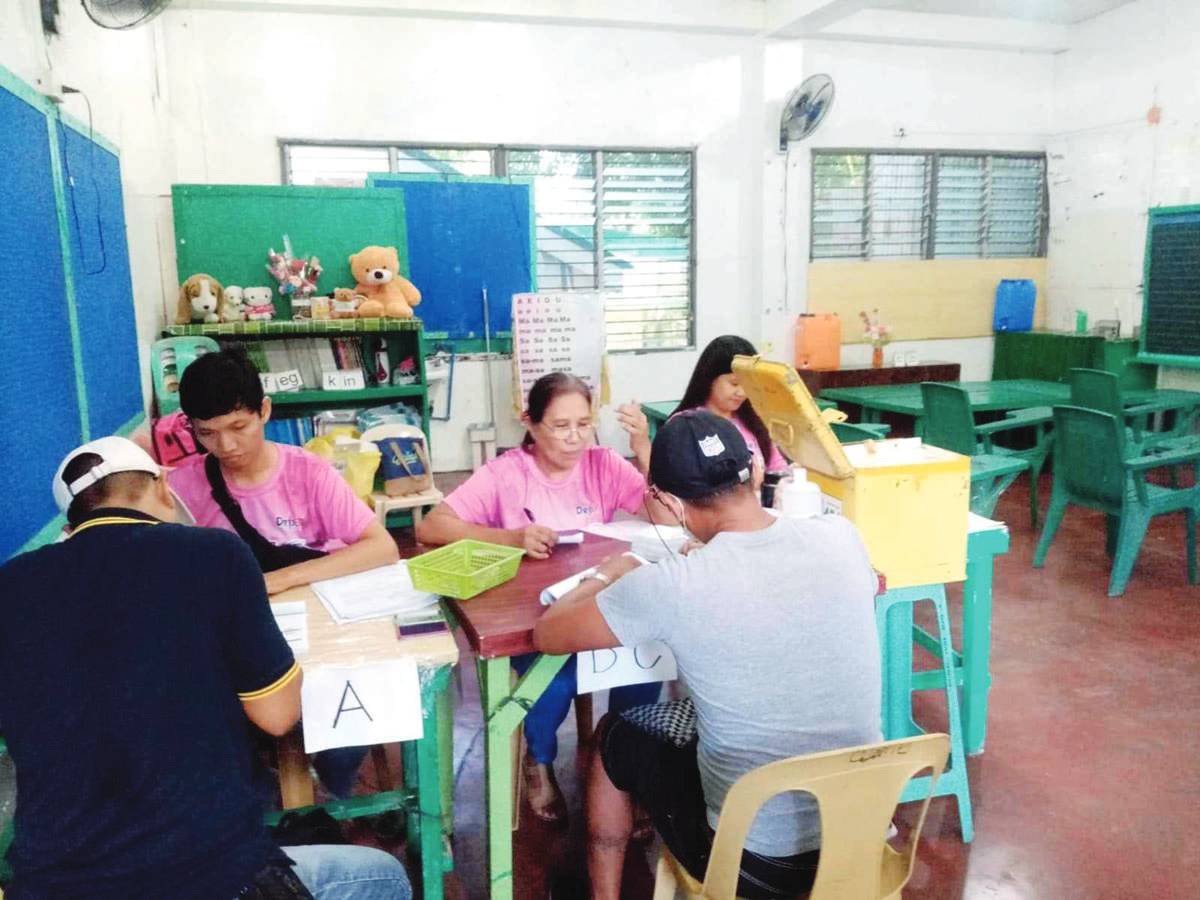By Mae Singuay

“Yes” votes once again dominated the resumption of the plebiscite for the ratification of the joint venture agreement (JVA) entered between the Central Negros Electric Cooperative (Ceneco) and Primelectric Holdings, Inc./Negros Electric Power Corporation (NEPC) over the weekend.
Based on data from the Overall Plebiscite Committee, “yes” votes garnered 99 percent during the two-day JVA plebiscite.
On Saturday, August 19, 24,641 (99 percent) member-consumer-owners (MCOs) voted “yes” and 284 (one percent) voted “no,” while the following day, 21,247 MCOs voted “yes” (99 percent) and 250 (one percent) voted “no.”
A total of 177,737 eligible MCOs in Ceneco’s franchise areas are entitled to vote in the plebiscite.
The JVA, which seeks to improve the electric cooperative’s power distribution services, will become effective once the majority (50 percent plus one) of MCOs will ratify it in a plebiscite.
Ceneco’s franchise areas cover Negros Occidental’s cities of Bago, Talisay and Silay; and the municipalities of Murcia and Don Salvador Benedicto, and capital Bacolod City.
On June 24 and 25, the plebiscite’s first two days, records showed 13,587 MCOs (78 percent) favored the JVA, while 3,748 (22 percent) voted “no.”
The following day, at least 8,087 (78 percent) voted “yes,” while 2,319 (22 percent) voted “no.”
For the plebiscite’s first two weekends, a total of 67,562 MCOs (91 percent) voted “yes,” while 6,601 (nine percent) voted “no.”
The total vote turn-out is 74,163 (42 percent).
Ceneco resumed the plebiscite after it was temporarily suspended by the National Electrification Administration (NEA), asking the cooperative to verify the list of voters to ensure its sanctity before the process is allowed to proceed.
Meanwhile, Ceneco acting general manager, Arnel Lapore said the combined social media, mainstream media and the house-to-house campaign helped a lot to achieve the big turn-out of the plebiscite.
Another reason that is attributed to the plebiscite’s success is putting up proxy booths at Bacolod City Government Center and at several malls to cater to those MCOs that can’t go to precincts during the plebiscite.
With this turn-out, Lapore said the remaining percentage for the majority of MCOs will be reached.
Based on NEA’s guidelines, the plebiscite is next to be scheduled on August 26, September 2 and 3.
Meanwhile, in a joint pastoral statement issued over the weekend, three bishops in the Dioceses of Negros Island have called on Ceneco MCOs to voice their opinion over the JVA plebiscite.
Bacolod Diocese’s Bishop Patricio Buzon, San Carlos Diocese’s Bishop Gerardo Alminaza, and Kabankalan Diocese’s Bishop Louie Galvinez urged Ceneco consumers “to study the terms of JVA in careful details and make reasoned judgments on their impact and consequences,” guided by the spirit of cooperativism which has guided Ceneco since its founding.
They also called on the NEPC and the Ceneco management and stakeholders to observe transparency and accountability in the process of defining the terms of the JVA.
Citing the social doctrine of the Catholic Church, the bishops reminded everyone that “all business ventures must be mindful of the common good, putting the service of mankind above personal interests,” part of the pastoral statement said.
The bishops encouraged Ceneco consumers to seek government support and to work for truly mutually beneficial terms with NEPC or whoever the cooperative will have to partner with.
They also challenged Ceneco to be an authentic cooperative after admitting its “inutility” to provide reliable and cheaper electricity to its constituents.
The Ceneco management disclosed earlier that it is deeply indebted to government and private banks, for the lack of capital expenditure to maintain standard and reliable facilities, and forced to charge higher electricity rates per kilowatt-hour.
Some known figures in the local business sector, who requested not to be named, have lauded the bishops’ statement calling for a win-win position that will benefit all./MS, WDJ
